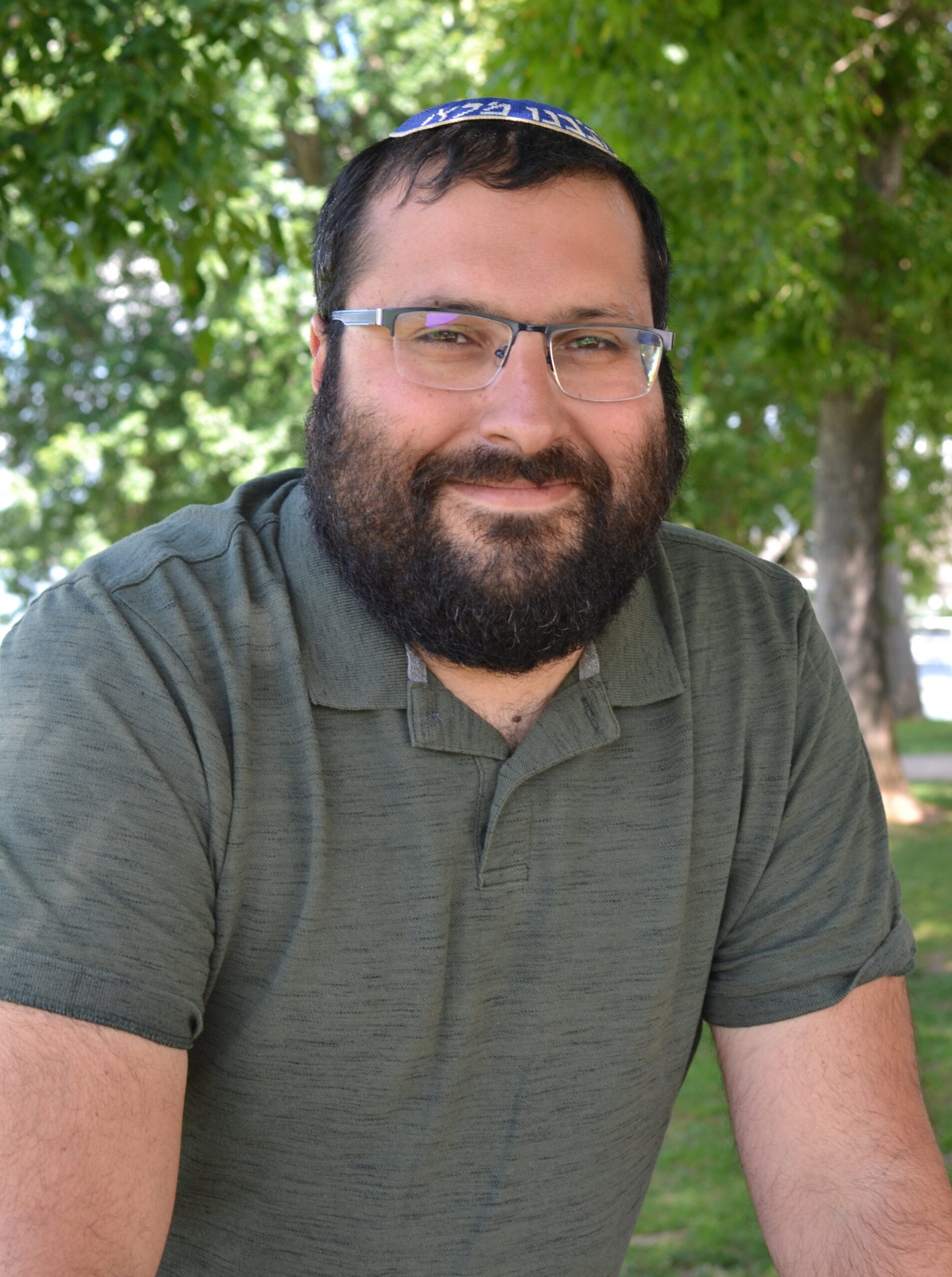Five weeks ago we began what may well be world religions’ longest sustained experiential education encounter. Beginning with Shabbat Shekalim and followed by three other “special” Shabbatot – Zachor, Parah, and Hachodesh – they take us to this august Shabbat, the last one before Passover, Shabbat Hagadol (the Great). This procession of specialness, removing us to a greater or lesser (mostly greater) from the weekly Torah readings, does not end next Friday afternoon when we make our final preparations for the Seder. It will continue, unabated, for an additional seven weeks until June 9th and 10th when we will celebrate the receiving of the Torah on Shavuot. In doing this we are reliving two interrelated phenomena: the events of this time of year in the Temple and the historical unfolding of the Exodus and Revelation narratives told in the first half of the Book of Exodus on which those Temple rituals were, in part, based.
This entire cycle, from Shabbat Shekalim through Shavuot takes about thirteen weeks, or one quarter of a solar year. In other words: a season – spring – from just before the vernal equinox until just before the summer solstice. It is a season of hope, of promise, of boundless potential.
In marching from the half-shekel census through the foot of Mount Sinai it is as if the Rabbis understood how distanced and perplexed we would be from the Torah readings during this season, including chiefly the building of the portable sanctuary in the wilderness (משכן) and the laws of sacrifices and ritual inclusivity that make up the Book of Leviticus.
The apex of this narrative is the ritual performance of the Seders next weekend, a model for the type of layered, nuanced, participatory, multi-sensory, and textually rich programs that characterize a summer at Camp Ramah in Wisconsin. And the apex of the Seder is the midpoint, near the end of the מגיד (narrative) section and just before the real food courses start emerging from the kitchen, when we read:
בכל דור ודור חייב אדם לראות את עצמו כאלו הוא יצא ממצרים
In every generation one is obligated to see her/himself as if s/he left Egypt.
This entire season of the year is elaborately structured because of this one sentence. As an ancient Rabbi might note, “the rest is commentary.”
What does it mean for us, in 2019, to imagine ourselves as if we left Egypt? What is the message the authors of the Haggadah and the constructors of the Jewish calendar would beseech us to internalize?
As we move into the week of Passover I suggest there are three eternal themes that define the experience of this narrative for our ancestors and for us: empathy towards others, being a part of something greater than ourselves, and acknowledging that over which we have no control.
The Torah famously repeats, over and over again, “because you were strangers in Egypt” as the rationale undergirding many of the interpersonal commandments. It would be misguided, however, to understand this rationale as an extension of sympathy or pity with the downtrodden or the unlucky. Rather, as delivered to a generation of slaves in an unforgiving wilderness, its message is one of the universality of human experience. We must have compassion on the orphan and the widow not because we feel bad for their plight but because we know that we could so easily be standing in their shoes.
Some of the greatest moments at camp are moments when we become wrapped up into the collective identity of our צריף (cabin) or עדה (age cohort). As I share with tour groups every summer, we don’t put on five Broadway musicals in Hebrew every summer because of the singing, dancing, or acting (definitely not the acting). Rather, we do it because it’s the best tool we’ve been able to find to catalyze the bonding of a group of young people and to engender pride within them. On a far different scale – and not to equate the two – leaving Egypt for the Israelites was this type of special moment, a shared experience of specialness and pride that made them, and should make us, feel like they could do anything.
Finally, leaving Egypt means acknowledging our powerlessness over so much of our lives. Again and again the Torah reminds us, in God’s voice, that the Egyptian pantheon was nothing compared to the Israelite God and that God’s whims dictated reality. This is underscored in the Haggadah by the elision of Moses from every part of the story. This is not Moses’ story, this is the Holy One’s story – One alone and One all-encompassing.
May we all embrace our role as human beings during this final lead-up to Passover and beyond, channeling the lessons of our ancestors who left Egypt to stand, weeks later, at the foot of Mount Sinai. Doing so means opening up our hearts to all other human beings as fundamental equals, finding within ourselves collective identities of which to feel unbridled pride, and tempering that pride through the understanding that we are ultimately powerless.
Wishing a sweet, healthy, and impactful Passover to you all.
Shabbat Shalom,
Jacob






